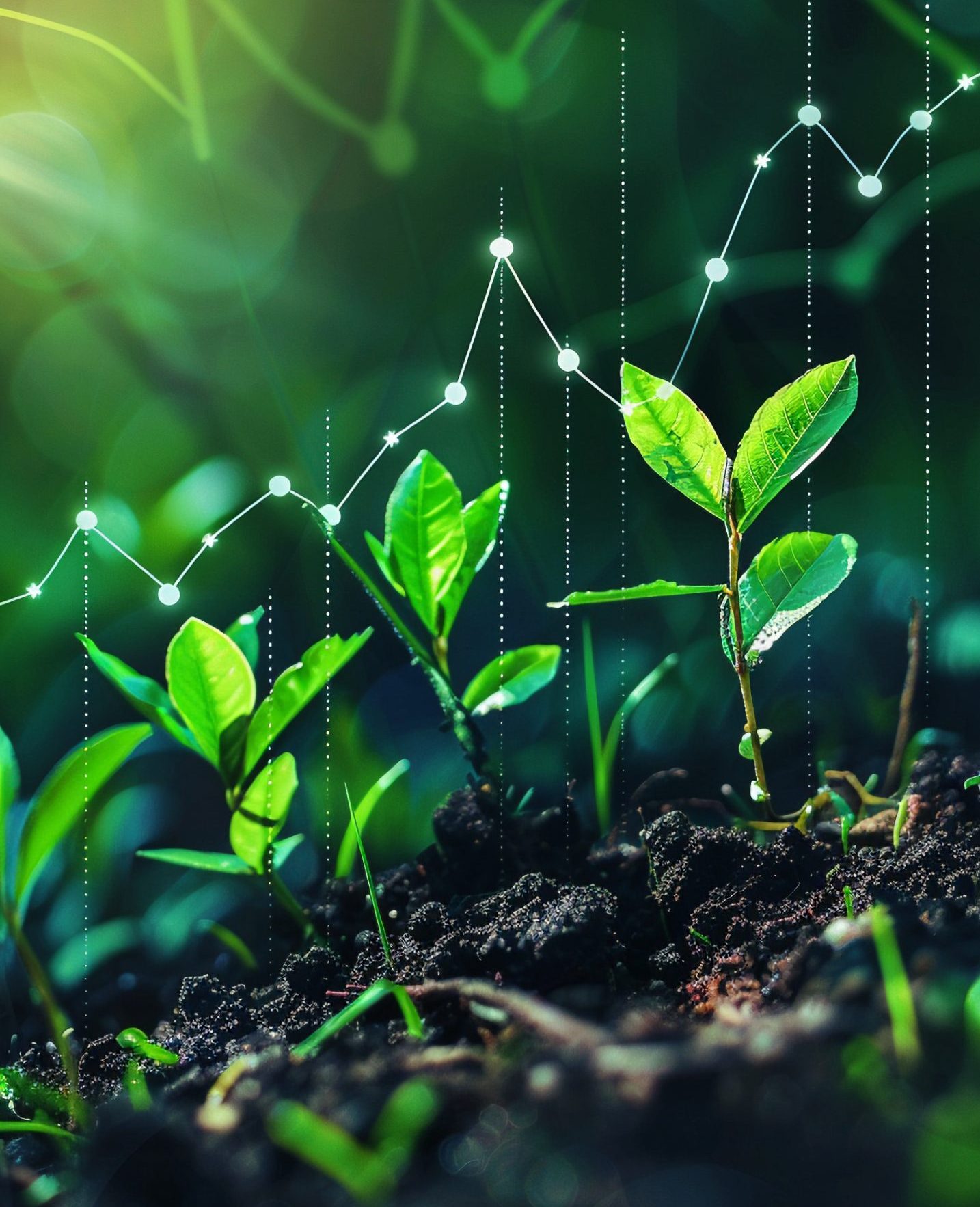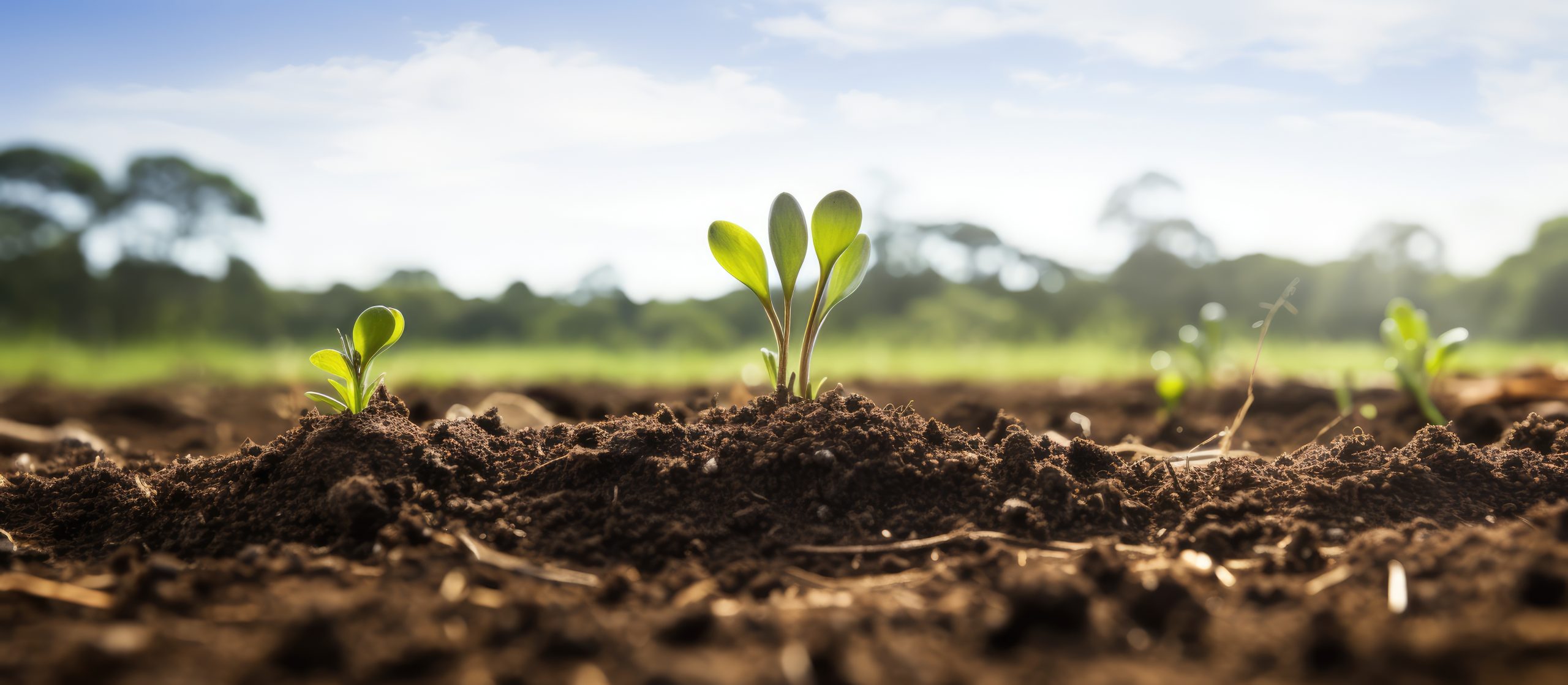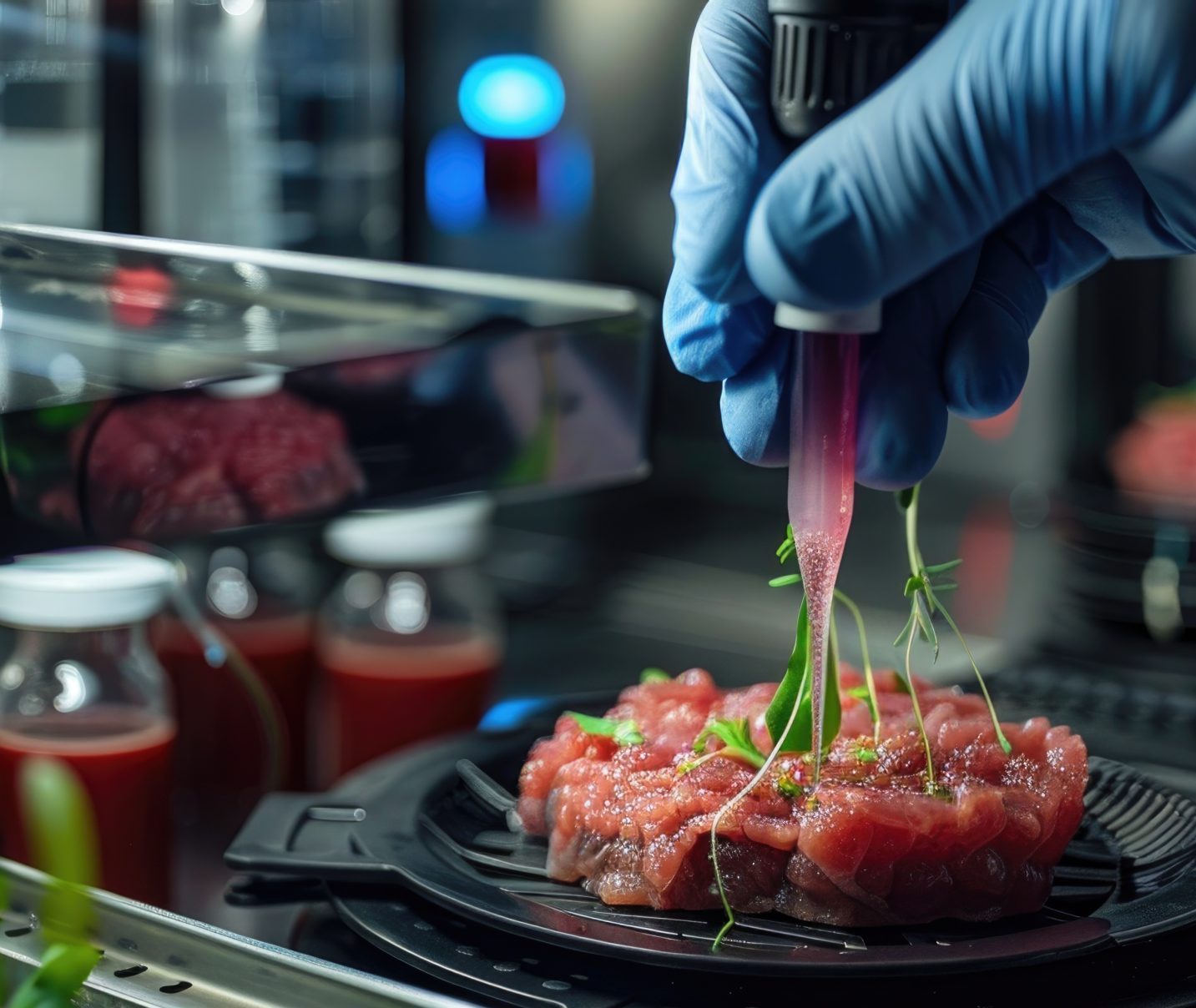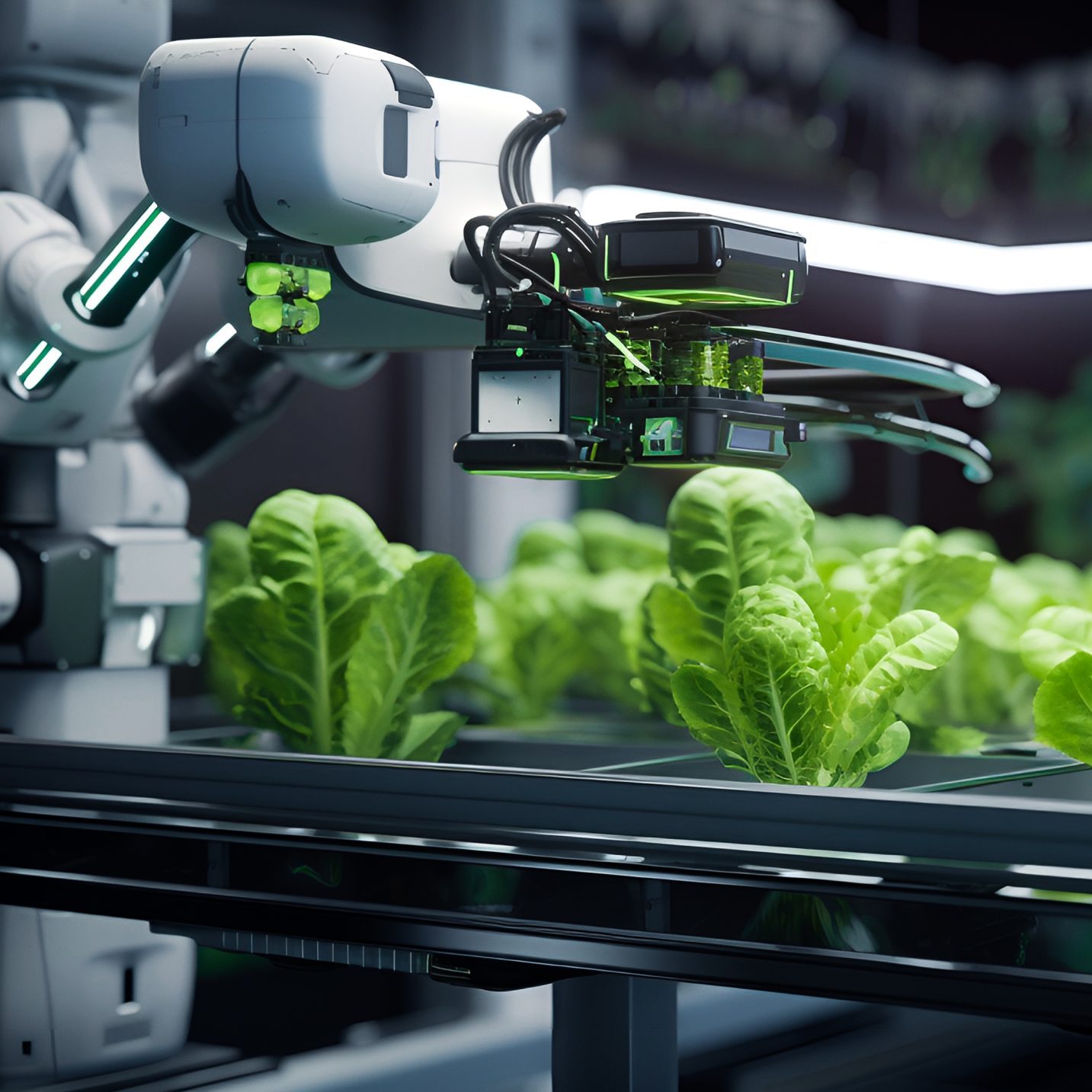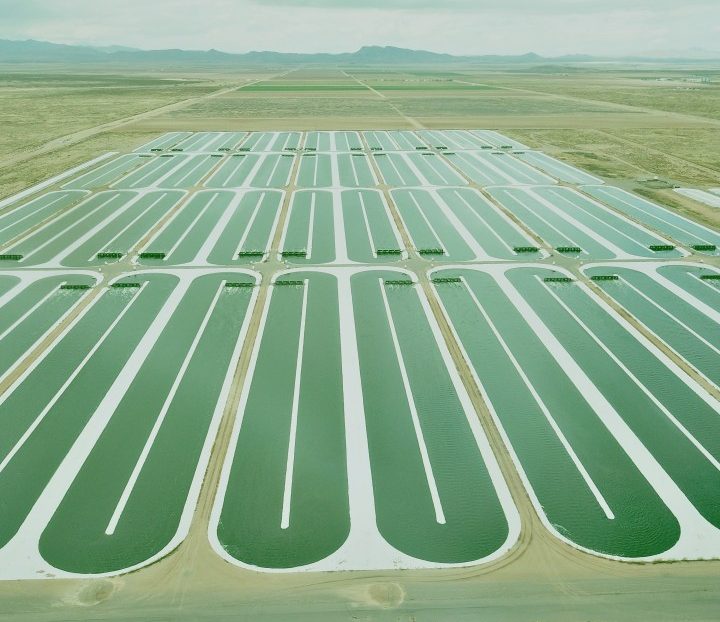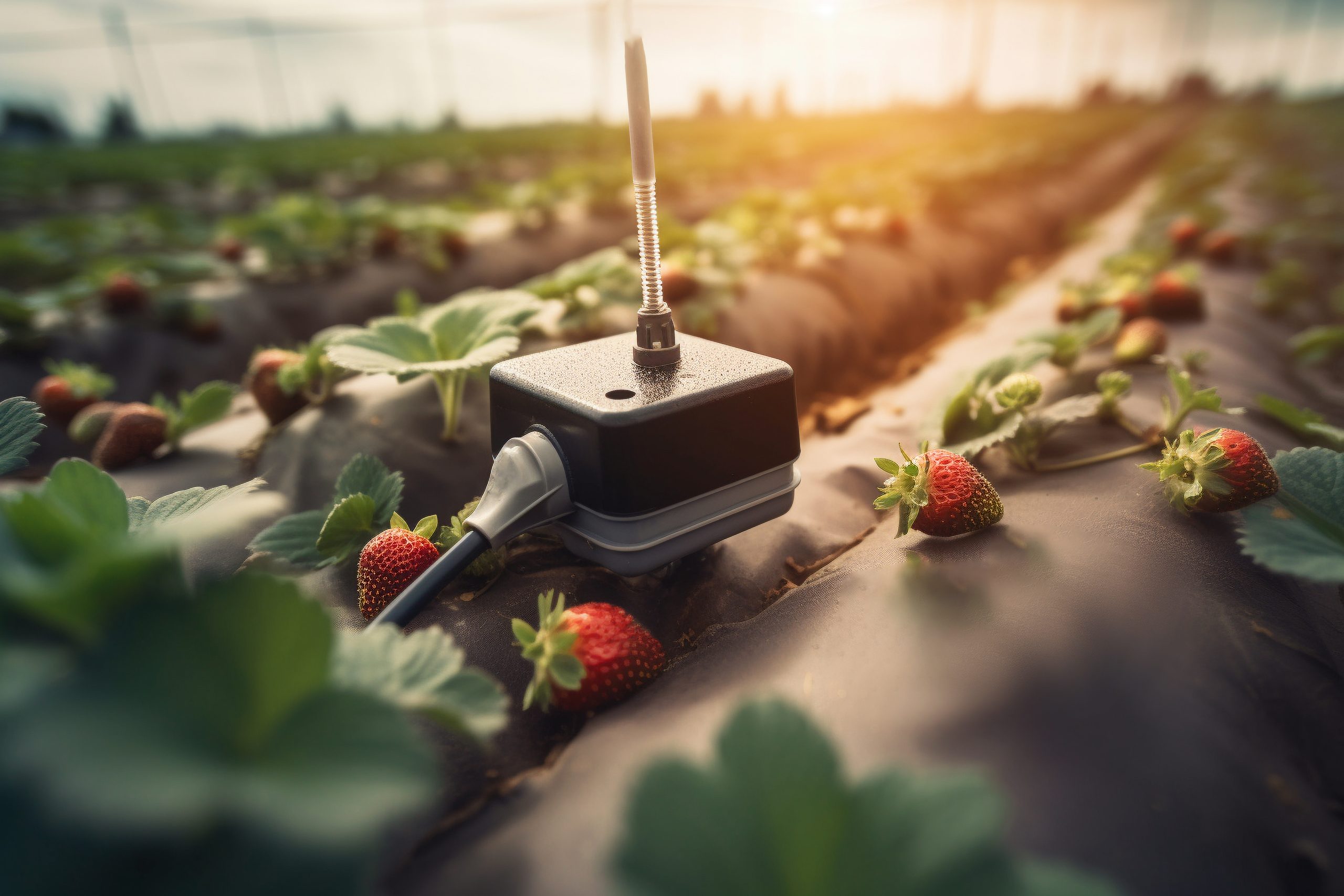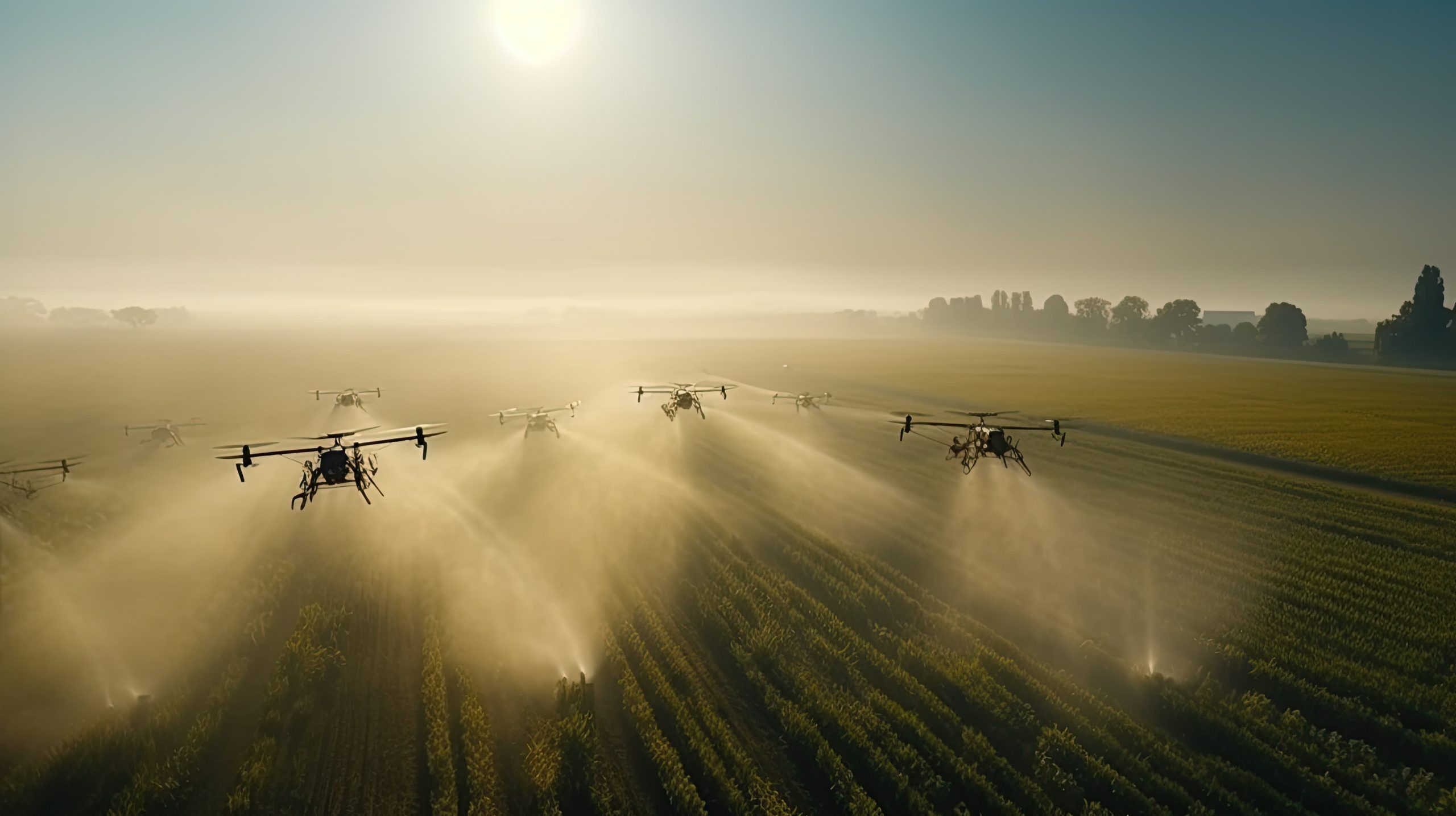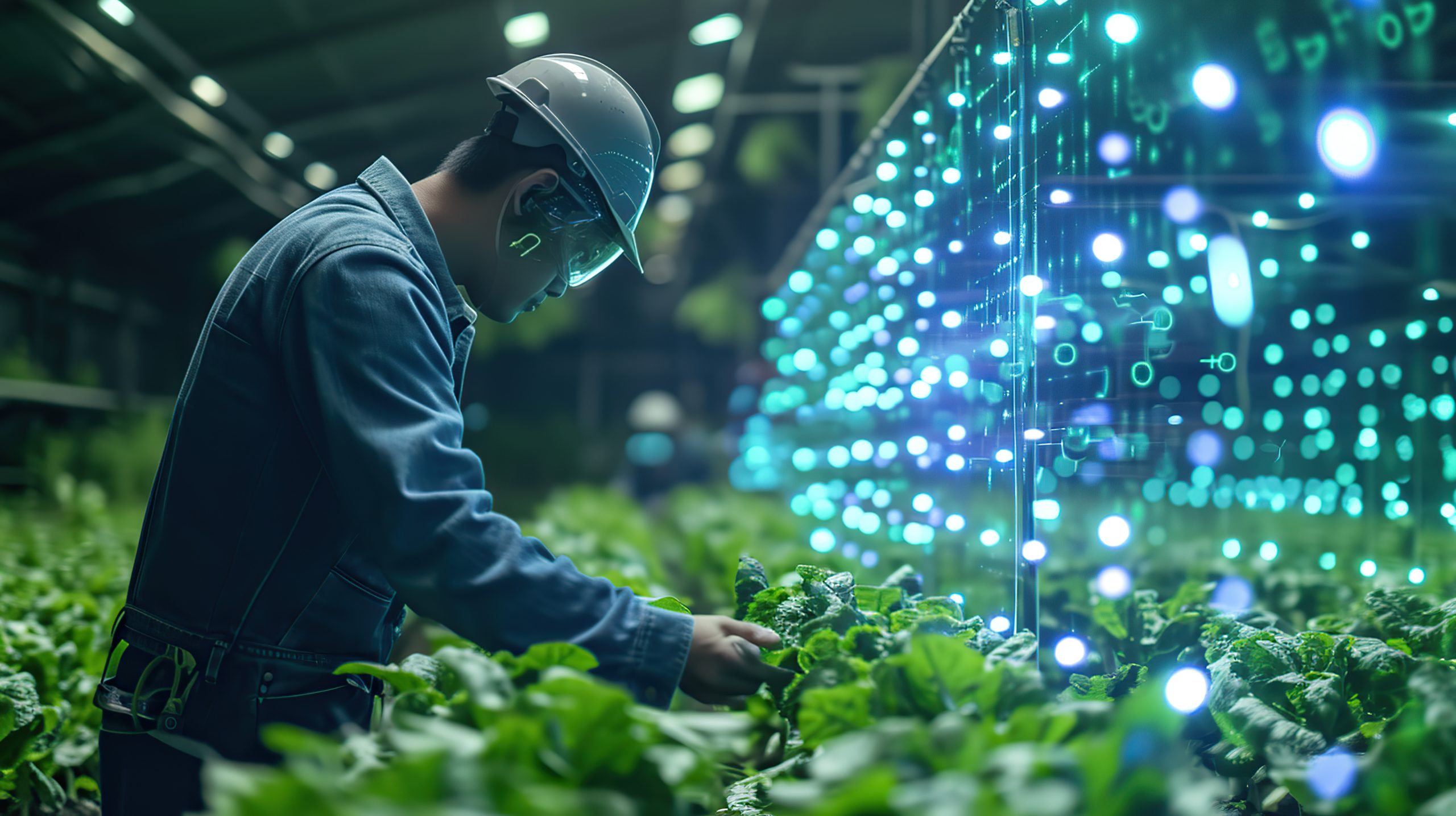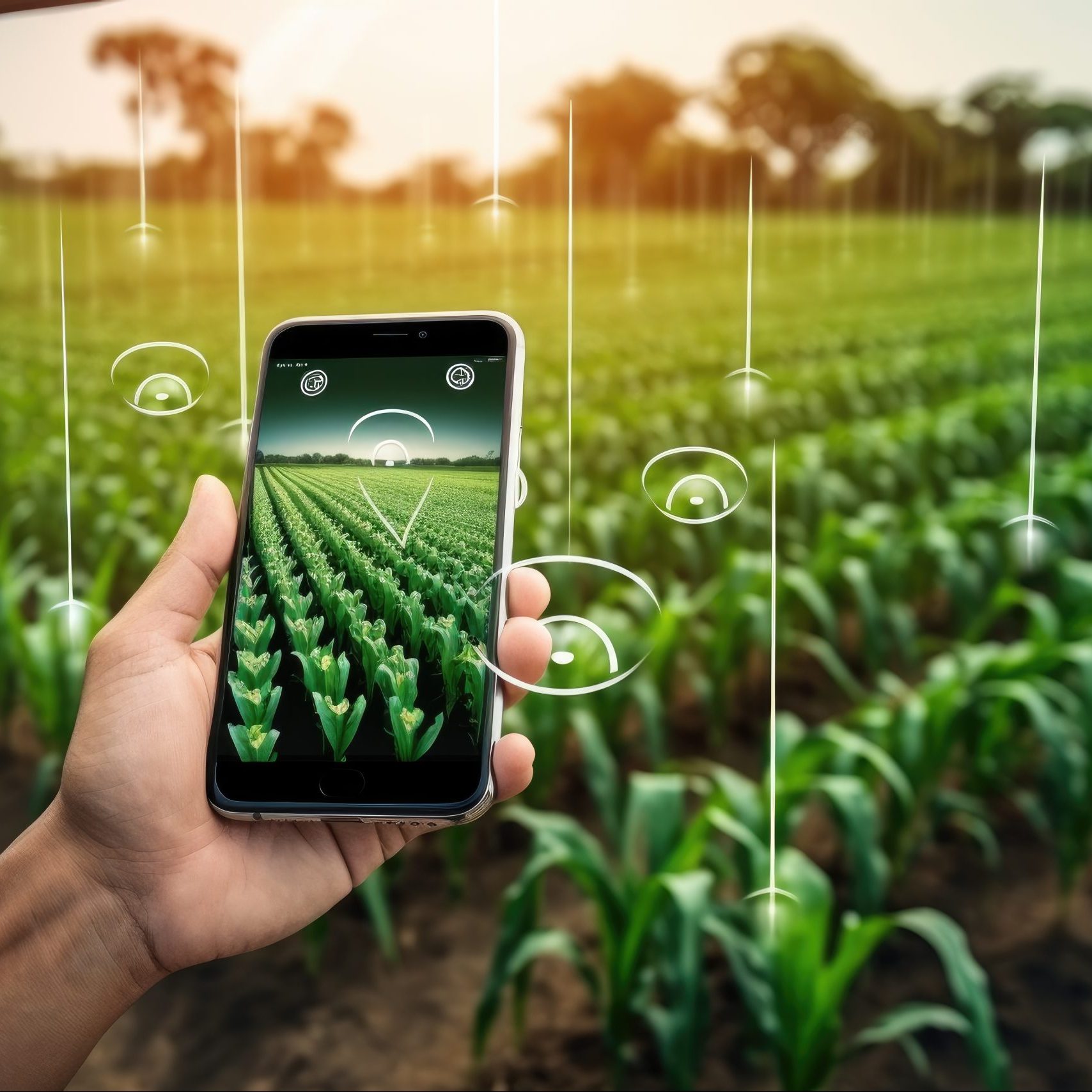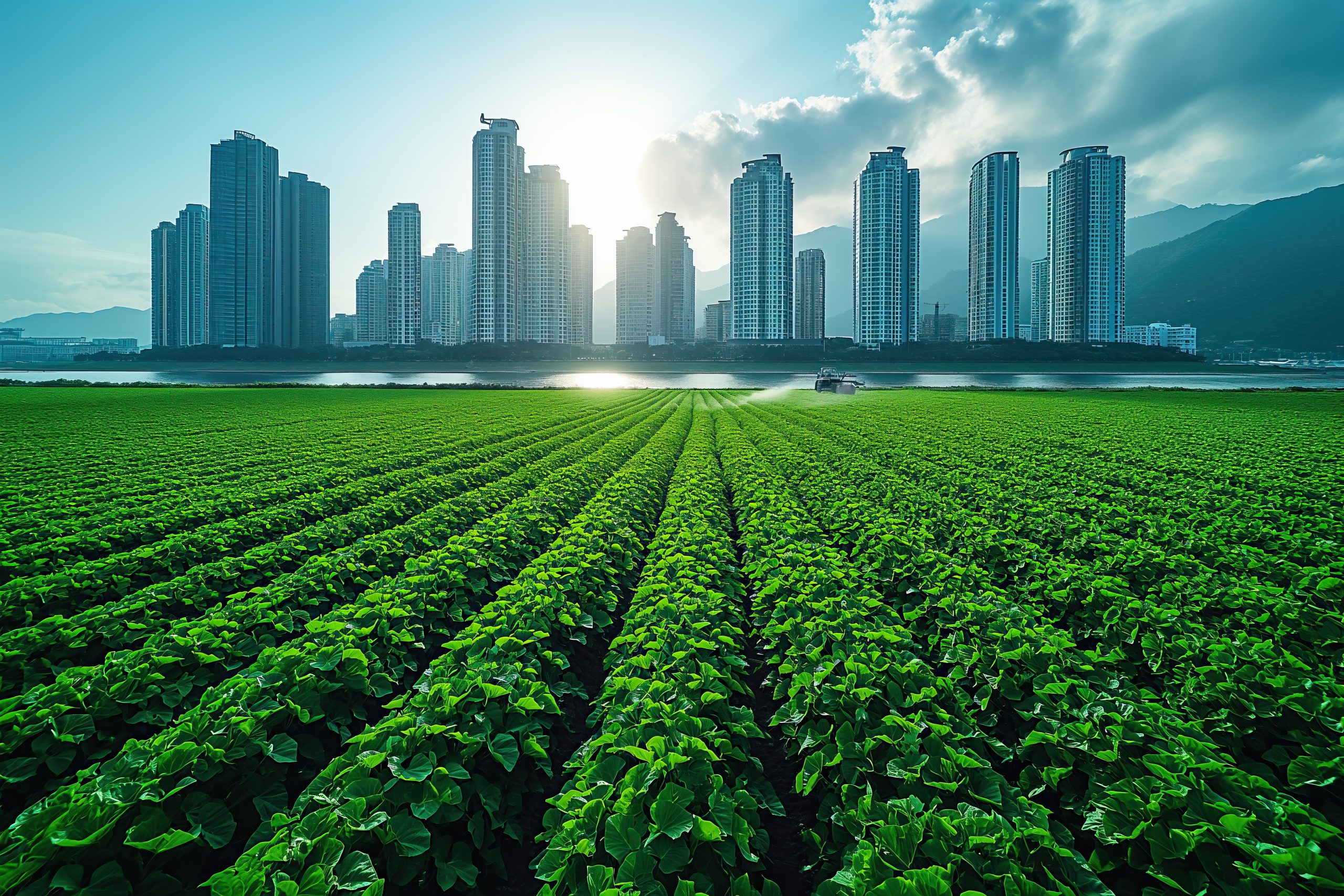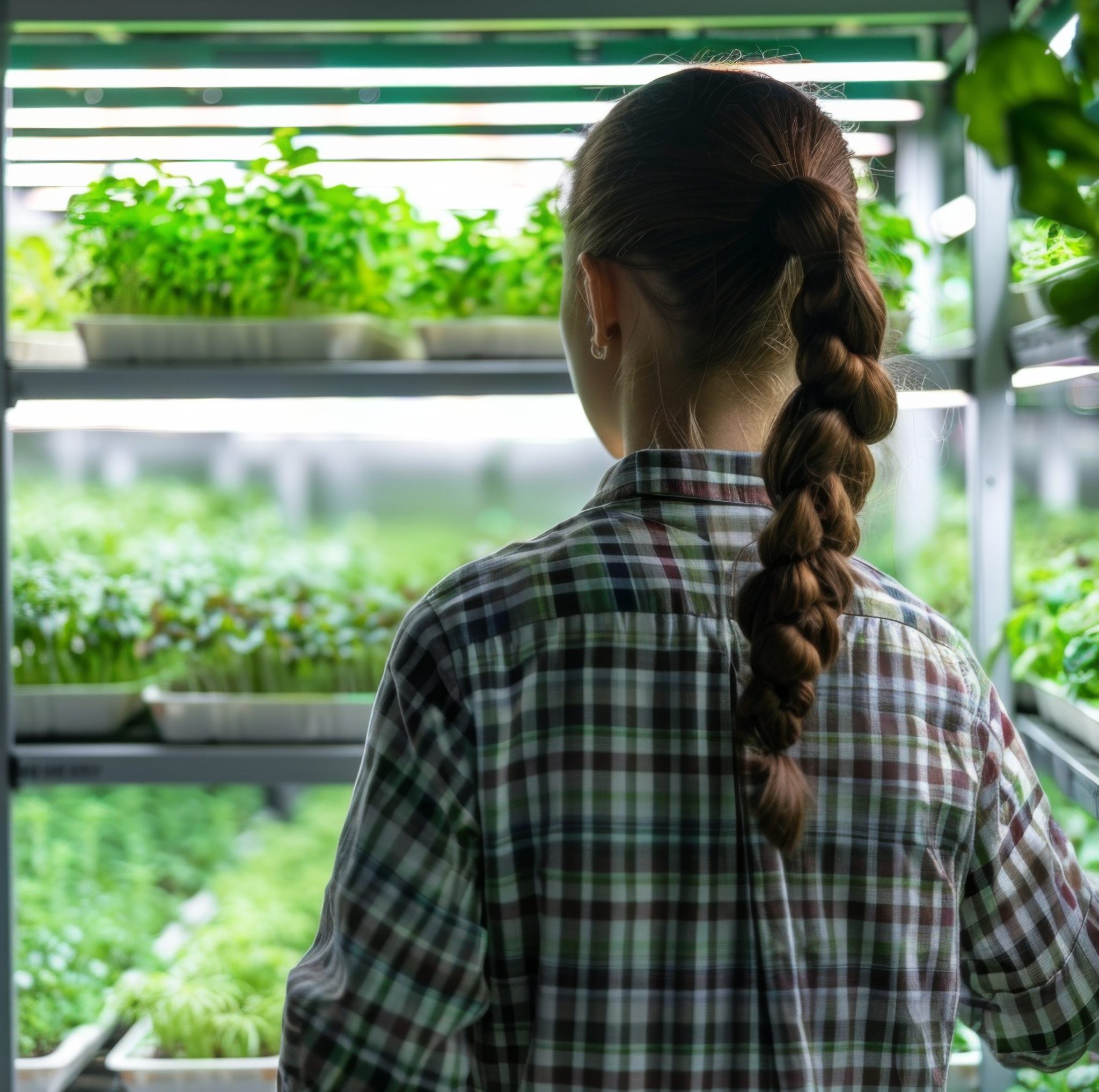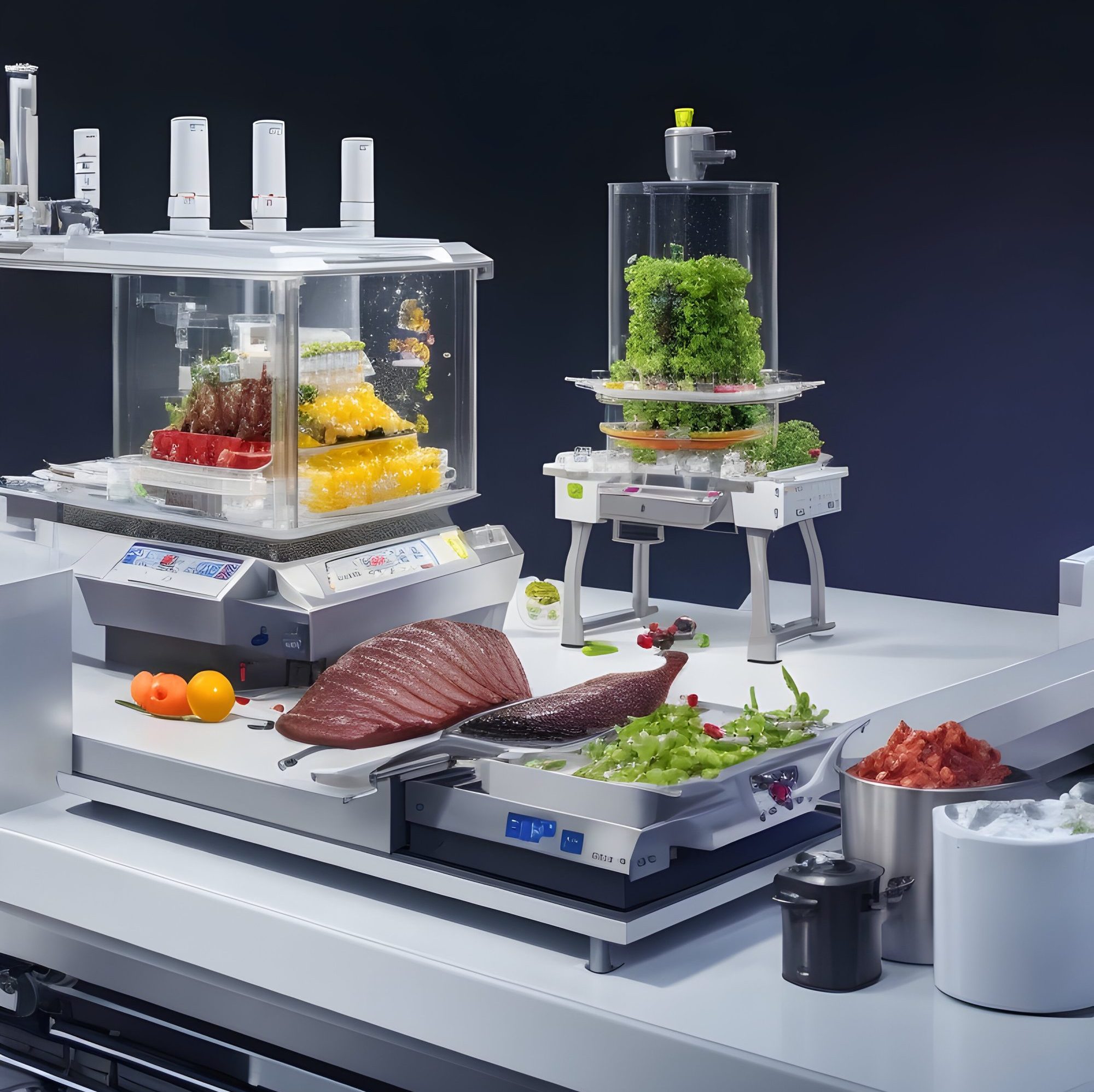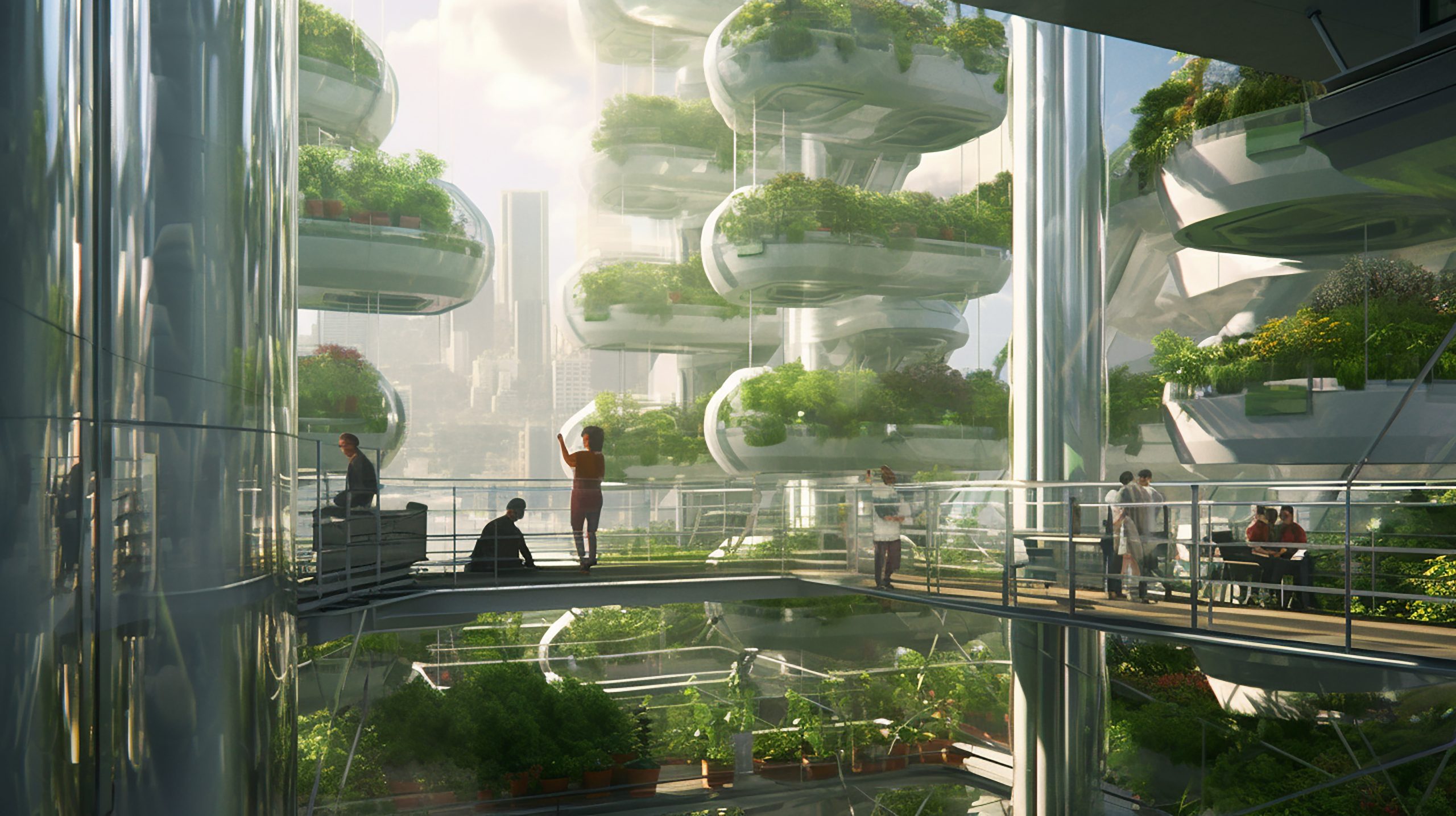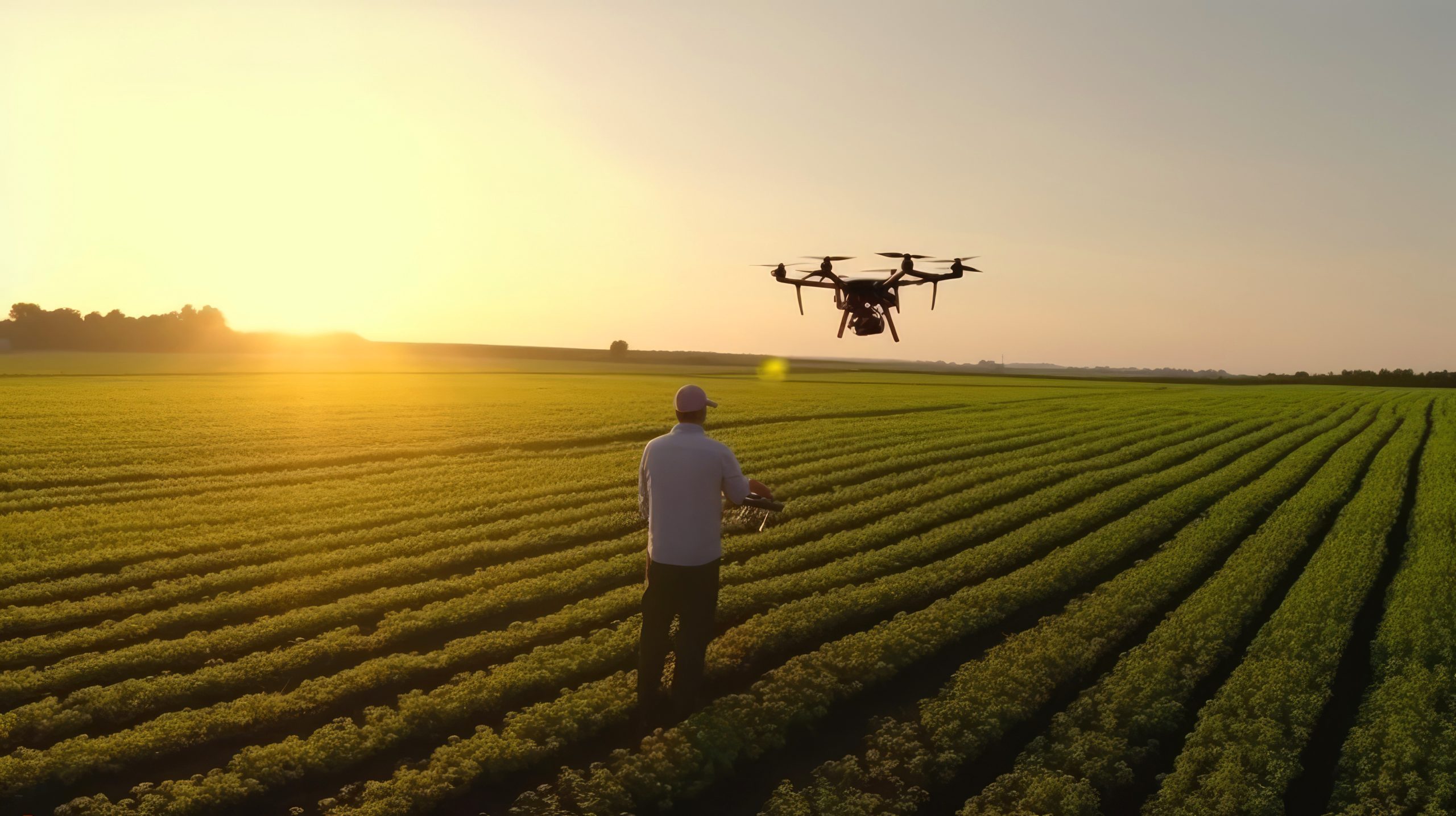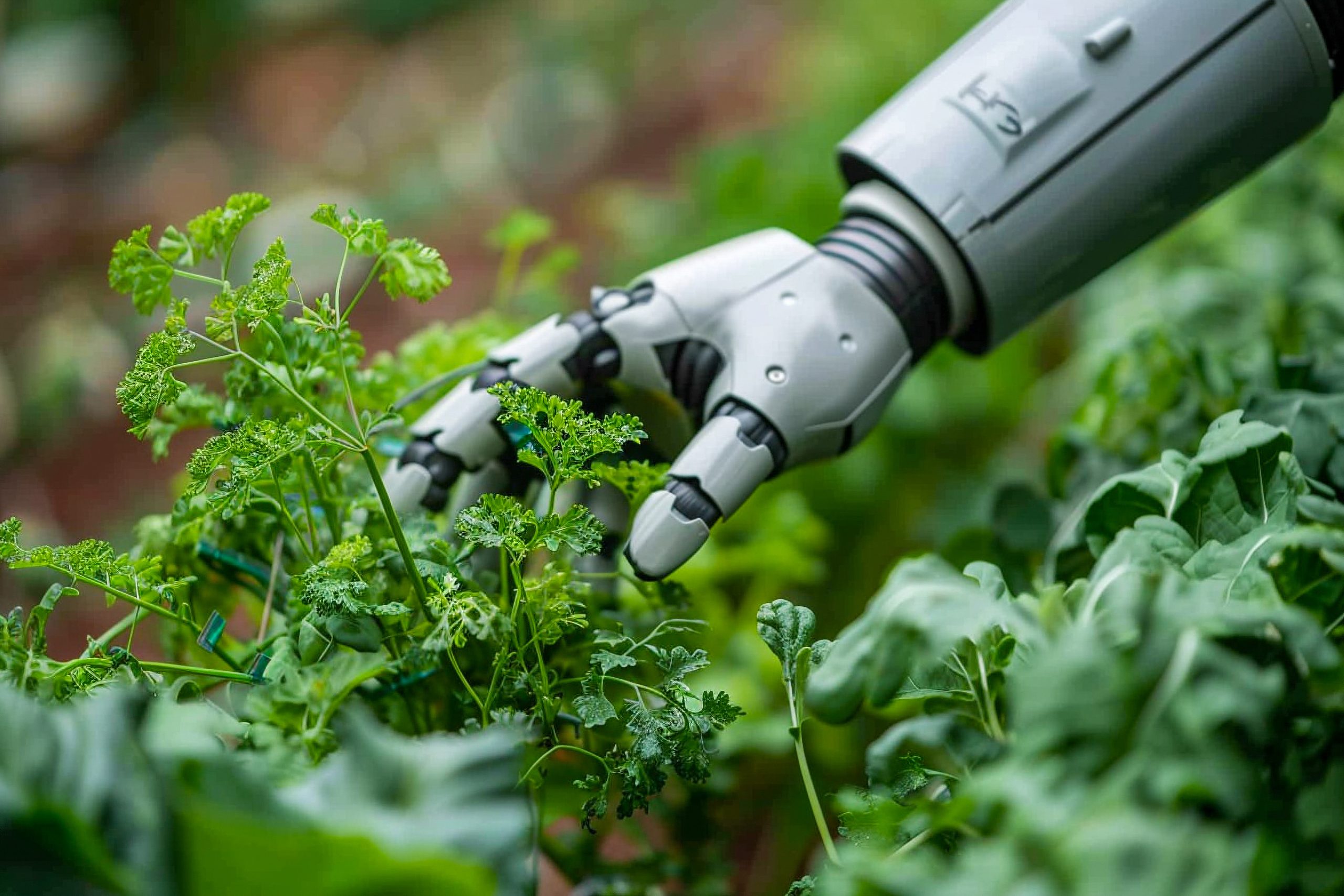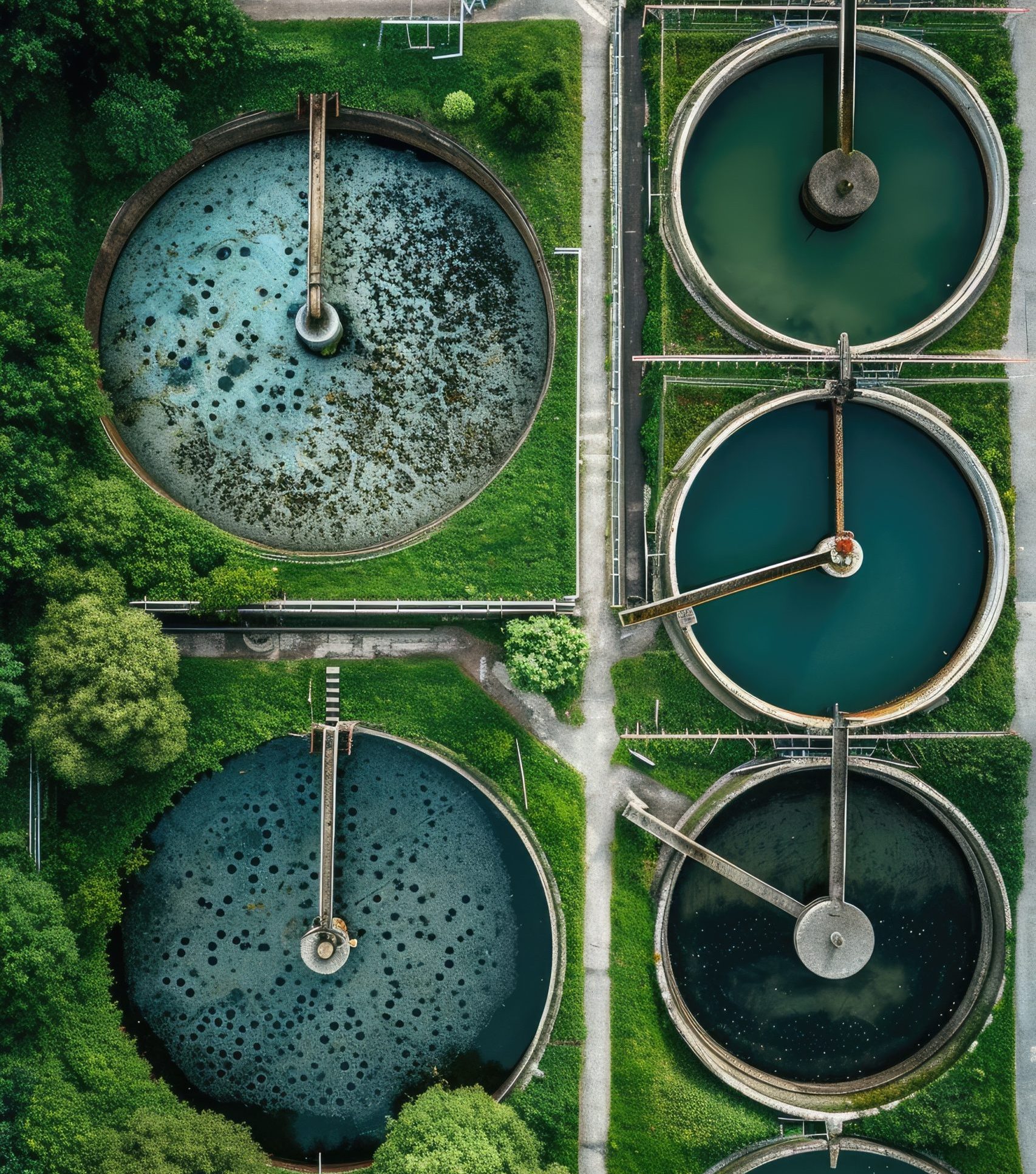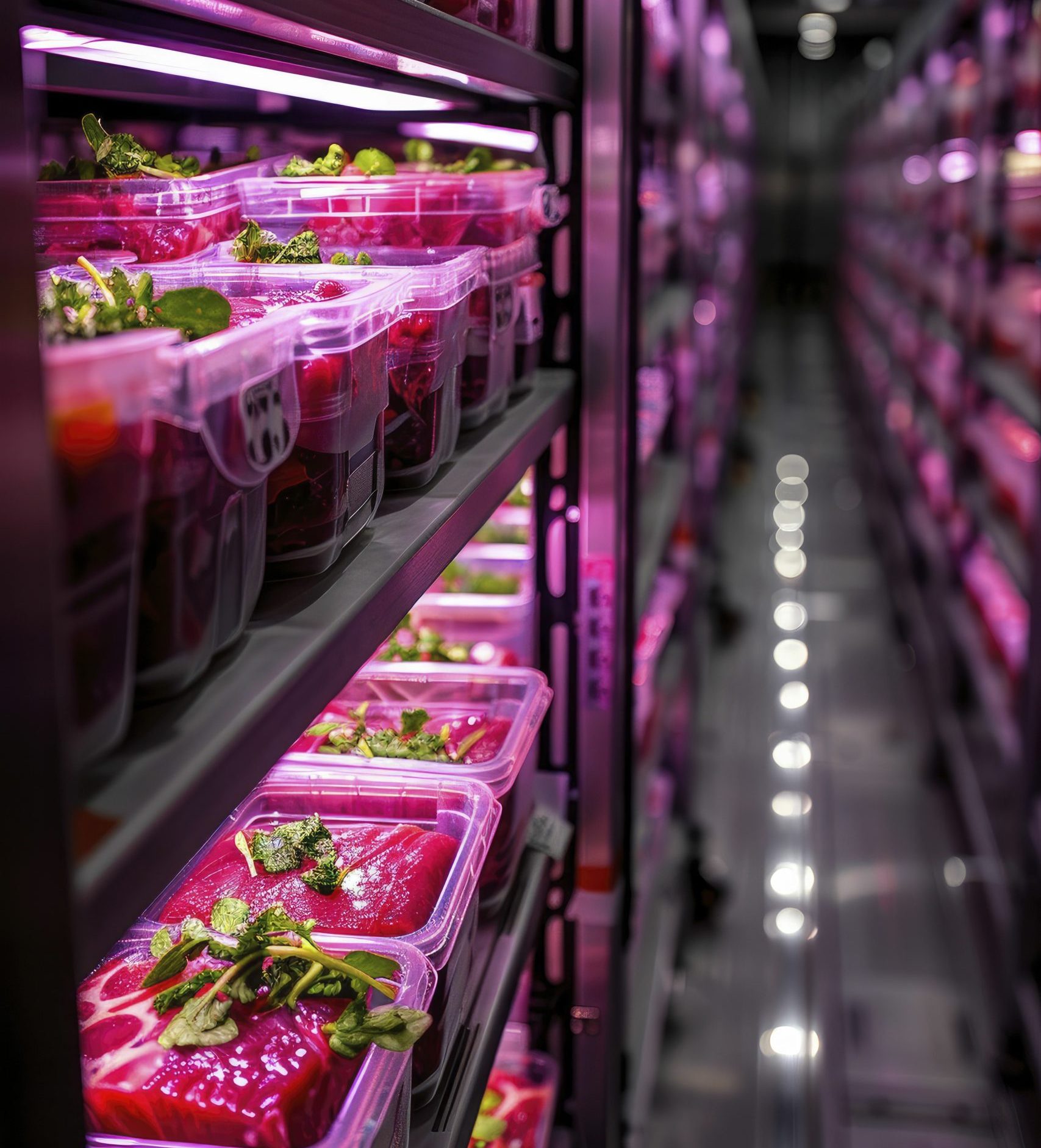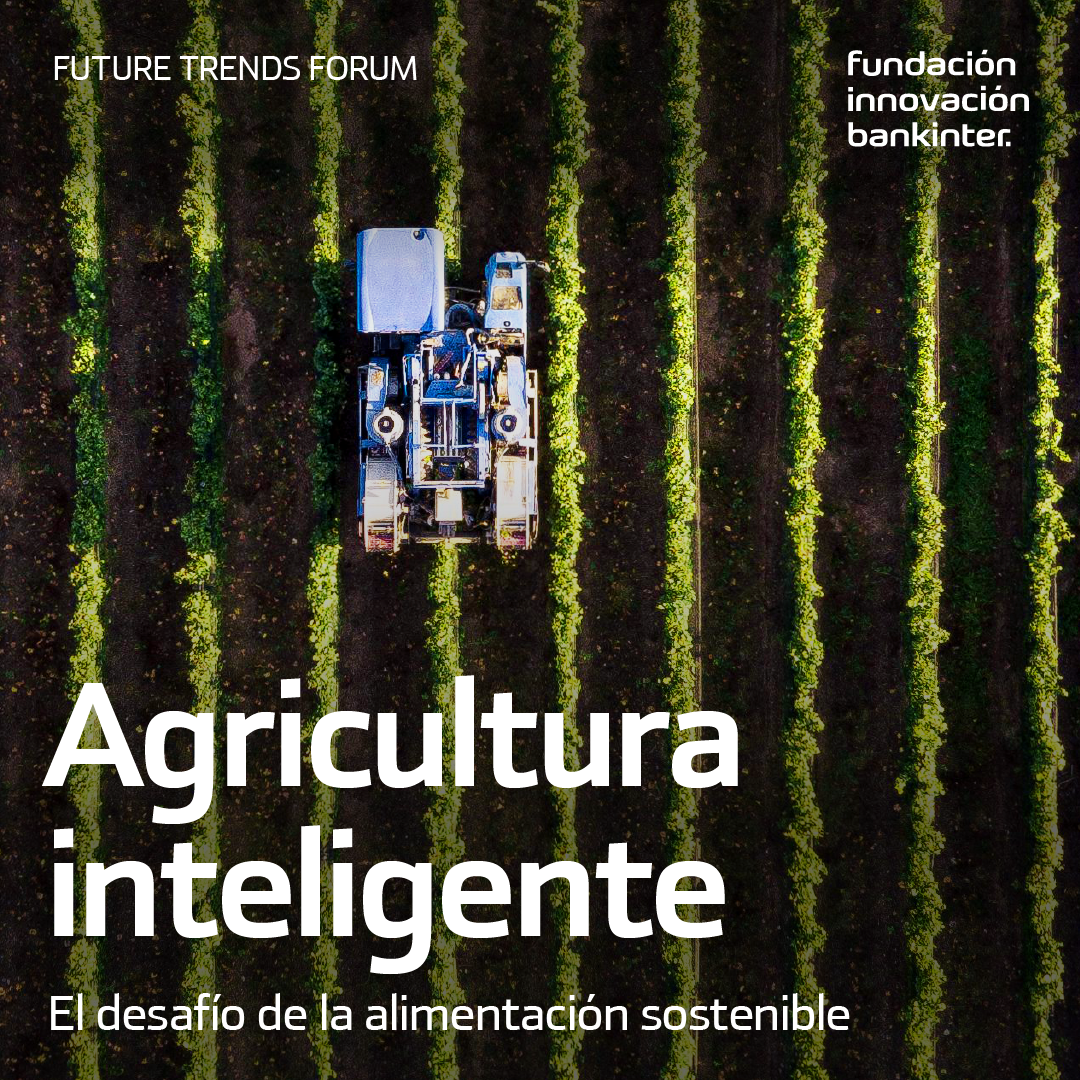In the near future, we will face the monumental challenge of feeding a global population that is projected to reach 10 billion by 2050. This challenge places us at a crucial crossroads where innovation, balance with nature, human health and efficiency must converge to find sustainable solutions that ensure the well-being of the population and the preservation of our planet.
The convergence of the energy, climate and water crises demands immediate and coordinated action. The answer lies in redefining our food production systems and integrating innovative and environmentally friendly agricultural practices.
Sustainability emerges as a fundamental pillar, demanding a deep review of how we grow, distribute and consume our food. The introduction of advanced technologies in agriculture (Agritech) and food (Foodtech) is presented as a promising path towards the optimization of food production, while ensuring the conservation of our natural resources.
This panorama prompts us to explore new horizons in agriculture and food, highlighting the importance of prudent water management, the adoption of regenerative agricultural practices , and the exploration of alternative sources of protein. The need for global collaboration becomes evident, requiring the union of governments, companies, academia, entrepreneurs, civil society and farmers to implement innovative solutions that face current and future challenges.
We have an opportunity to transform our food systems to be able to feed a growing population in a way that respects the limits of our planet, promotes the health and well-being of all people, and ensures sustainability for future generations.
The challenge is to meet current food needs without compromising the capacity of future generations, and to consider the interaction between agriculture and its economic, environmental and social impact. Sustainability and economics are closely intertwined in this context, leading to a profound redefinition of global agricultural and food systems.
Integrating sustainability into agricultural finance is increasingly recognized as an essential strategy to promote a circular economy in agriculture. This approach addresses environmental concerns and offers new economic opportunities, redefining supply chains and food production in an ever-evolving market. Fluctuations in global demand and changing consumption patterns are driving a significant transformation in the way food is grown, distributed, and consumed.

